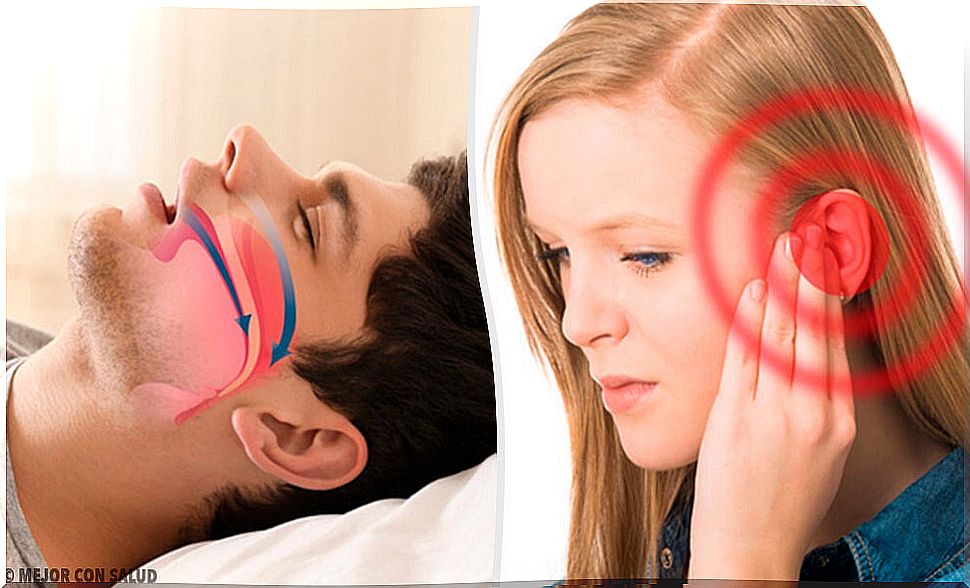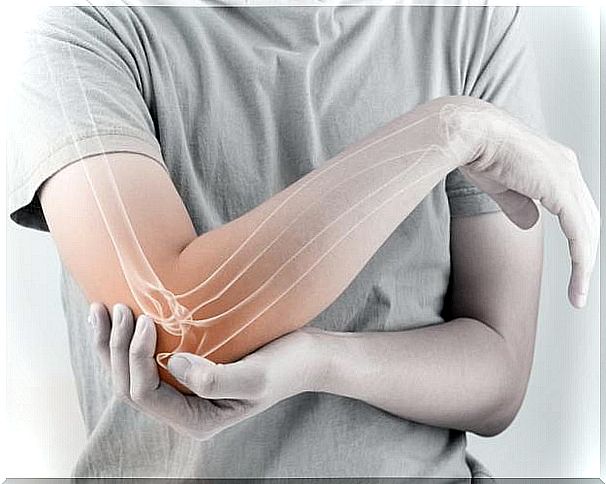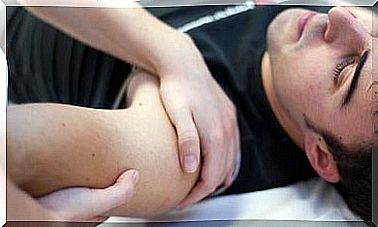8 Sounds Of Our Body That We Do Not Usually Pay Attention To
Although there are sounds of our body that we consider normal, sometimes, they can be warning us of some complication in our organism, so we should not pass them for high

The organism is the most perfect machine that exists. He is so wise that he even lets us know when something happens to him. The detail is that we are rarely attentive to these signals and sounds in our body and we completely ignore them.
The signals that our body sends us often come in the form of sounds, either as clicks, noise in the ears, snoring or sounds in the stomach.
So that they do not go unnoticed again, here we present 8 sounds of our body to which you should pay a little more attention.
8 sounds of our body that we should pay attention to
1. Popping in the legs

This type of sound can be caused by various reasons, such as:
- Muscle fatigue, which can include congestion in the blood vessels, and wear and tear on the knee joints from excessive load.
- Anatomical characteristics of the ligaments and menisci that, despite not affecting the mobility of the legs, produce a perceptible clicking noise to the ear.
- Long hours of movement, especially when the body is not physically used to it.
In most cases, the clicks do not indicate a problem. However, when these are accompanied by pain or swelling, it is necessary to see a doctor.
It is important to undergo a revision, since it could be due to a torn ligament or meniscus, or even the presence of arthritis.
2. Constant snoring
Snoring generated by the vibration of the airways when air travels through the mouth or nose.
Although snoring is a fairly common sound in our body, it is well known by doctors that it is usually due to some obstruction or blockage in the nose (narrow noses), mouth or throat.
These are the most common reasons for snoring, and why it is convenient to visit a doctor:
- Loss of musculature in the throat
- Obesity
- Drug reactions
- Excessive alcohol intake
- Blocked nasal passages
- A curvature of the septum of the nose.
3. Jaw clicking

In some cases it may mean a displacement of a temporomandibular joint, in others it may be due to arthritis of the temporomandibular joints.
It can also be due to bruxism (the habit of clenching or grinding the teeth unconsciously), cavities or strong tensions of the muscles of the face.
For all cases, we recommend that you go for a consultation with a specialist doctor.
4. Different sounds in the ears
Many times the ringing that occurs in the ears disappears without having treated them.
However, in those cases in which the sound appears constantly and does not go away easily, a visit to a specialist doctor is recommended. These could be due to an infection or disease in the inner part of the ear.
5. Loud clicking sound when falling asleep or waking up

These types of noises appear suddenly. They are generally brief and extremely irritating.
In these cases the precise causes are unknown.
6. Clicks in the shoulders
In these cases the clicks can mean several things, such as:
- Tendinitis, inflammation in the tendons from blows or excessive wear.
- Bursitis, inflammation in the bursa or mattress between the bone and tendons of the shoulder.
- A tear in the rotator cuff of the shoulder.
7. Elbow clicks

Clicking in the elbow can indicate mechanical problems in the joint and can be caused by different reasons, such as:
- Poor nutrition, which affects the composition of the bones and joints.
- Localized infections
- Metabolic disorders
- Injuries generated by strong blows.
- Lack of physical activity and, in turn, excess of this when done incorrectly.
In these cases, if the clicking persists over time and also generates pain and inflammation, it is advisable to consult a specialist doctor in search of a solution. Especially in case the joints get stuck.
8. Throat clicking
Popping in the throat may be more serious than you think. These, on some occasions, can be a symptom of neurological disorders that affect tissues, such as Parkinson’s.
Apart from this, they can also be generated by some enlargement of the thyroid cartilage. In these cases the clicks are no longer heard and the disorder relieves itself.
Don’t forget, in case these body sounds are accompanied by inflammation or pain, proper treatment is important. In these cases it is recommended to go to the doctor, and avoid self-medication and self-diagnosis.









